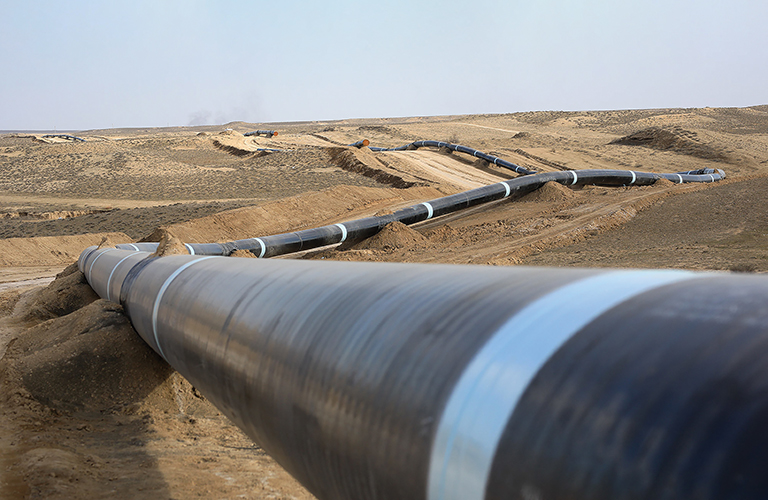Introduction
In the dynamic world of global oil markets, recent developments have caused a significant shift in the pricing landscape. The phrase on everyone’s lips is “Oil prices slide as Red Sea transport disruptions ease.” This seismic change has far-reaching implications for various stakeholders in the energy sector. In this in-depth analysis, we will delve into the factors contributing to the decline in oil prices following the easing of transport disruptions in the Red Sea.
Understanding the Red Sea Transport Disruptions
The Genesis of Red Sea Transport Disruptions
To comprehend the recent decline in oil prices, it is imperative to trace the origins of the disruptions in Red Sea transport. Tensions and conflicts in the region, geopolitical uncertainties, and security concerns have historically posed challenges to smooth maritime traffic.
Impact on Global Oil Supply Chains
The Red Sea is a critical conduit for oil transportation, with a significant percentage of the world’s oil passing through its waters. Disruptions in this key route have ripple effects on global oil supply chains, leading to market volatility and fluctuations in prices.
The Easing of Disruptions: A Game-Changer
Diplomatic Resolutions Alleviate Tensions
Recent diplomatic efforts and resolutions have played a pivotal role in easing tensions in the Red Sea region. Collaborative initiatives between nations involved have led to a more stable and secure maritime environment, positively influencing oil transportation.
Enhanced Security Measures
Governments and international organizations have implemented enhanced security measures in the Red Sea, including increased naval presence and intelligence-sharing initiatives. These proactive steps have contributed to a significant reduction in disruptions, instilling confidence in the global oil market.
The Impact on Oil Prices
Immediate Market Response
As the Red Sea transport disruptions ease, the oil market witnesses an immediate response. Traders and investors react swiftly to the changing geopolitical landscape, adjusting their positions and influencing market dynamics.
Supply and Demand Dynamics
With the easing of disruptions, the supply chain experiences a more consistent flow of oil, impacting the delicate balance between supply and demand. A surge in oil availability tends to drive prices downward, creating a favorable environment for consumers but posing challenges for oil-producing nations.
Analyzing Market Trends
Price Volatility and Investor Sentiment
The correlation between geopolitical events and oil prices is a delicate dance, and the recent developments in the Red Sea region exemplify this. Traders navigate a landscape of price volatility, with investor sentiment heavily influenced by geopolitical stability or unrest.
Regional and Global Economic Implications
Beyond the immediate impact on oil prices, the easing of Red Sea transport disruptions reverberates through regional and global economies. Nations dependent on oil exports experience shifts in revenue, while oil-importing countries may see economic relief.
https://www.thehawaiireporter.com/2023/12/26/tex9-net-gaming-unveiling-an-unrivaled-experience/
The Road Ahead
Sustaining Diplomatic Efforts
To maintain the positive trajectory in the Red Sea region, sustaining diplomatic efforts is crucial. Continuous dialogue, collaboration, and conflict resolution mechanisms will be instrumental in preventing a resurgence of disruptions that could once again impact oil prices.
Investing in Infrastructure Resilience
Governments and industry stakeholders should consider investing in resilient infrastructure to mitigate the impact of potential future disruptions. Robust maritime security measures and diversified transportation routes can enhance the stability of global oil supply chains.
Conclusion
In conclusion, the recent decline in oil prices following the easing of Red Sea transport disruptions is a multifaceted phenomenon with wide-ranging implications. Diplomatic resolutions, enhanced security measures, and market dynamics all contribute to this shift. As we navigate the complexities of the global oil market, vigilance and strategic planning will be paramount to ensuring stability and sustainable economic growth.





